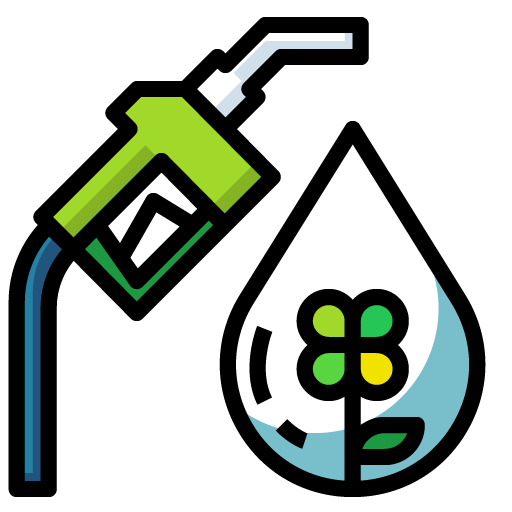
Bioenergy
Bioenergy refers to electricity, gas or transport fuels that are produced from organic matter, known as biomass, which includes plants and crops, wood, agricultural and food waste, and sewage (black water).
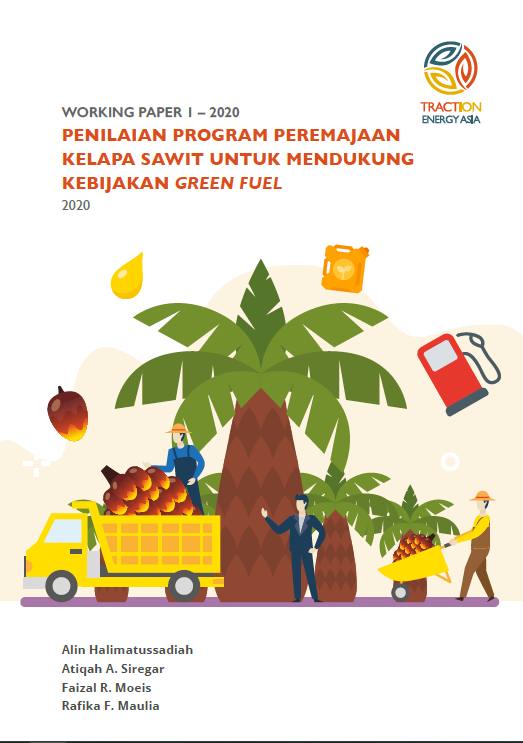
Assessment of the Palm Oil Replanting Program to Support Indonesia’s Green Fuel Policy
Indonesia’s biodiesel policy underwent a progressive change after the government succeeded in achieving the target to implement the B20 policy in 2019, in accordance with
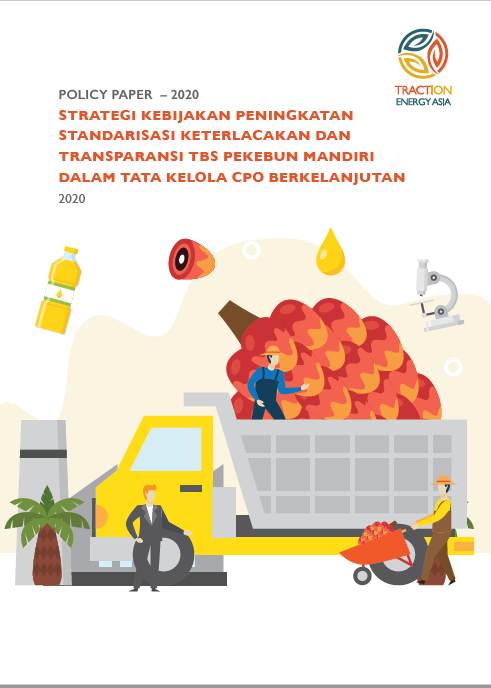
Policy Strategy for Improving the Traceability and Transparency of Crude Palm Oil (CPO) Feedstock For Biodiesel by Including Independent Smallholders In a Sustainable Supply Chain
This Policy Paper is intended as a strategic recommendation for sustainable CPO governance policies to complement existing policies. The main points in the formulation of
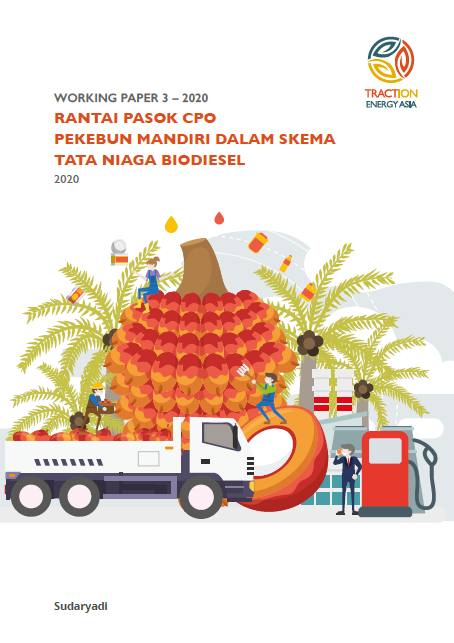
Independent Palm Smallholders in Biodiesel Trading Scheme
Oil palm is one of the plantation sub-sector commodities that plays a strategic role in the national economy. Palm oil can be found in biodiesel,
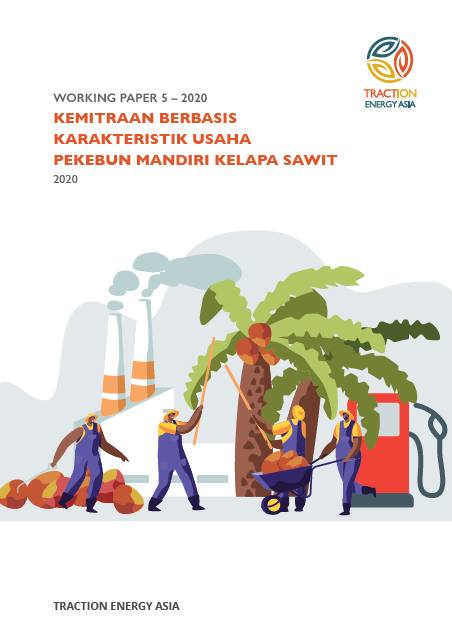
Partnership Building Based on Business Characteristics of Independent Oil Palm Smallholders
As palm producers, independent smallholders need to be empowered to support economic development, development of the palm oil sub-sector and institutionalize the modern plantation system
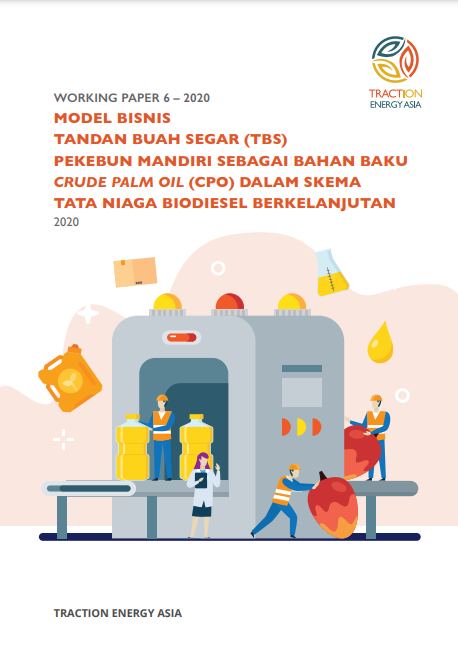
Business Model for Partnership Between Independent Smallholders and Palm Oil Companies in The Sustainable Biodiesel Trading Scheme
Independent palm oil smallholders Fresh Fruit Bunches (FFB) are one of the sources of raw material available upstream in the palm oil trading system. This
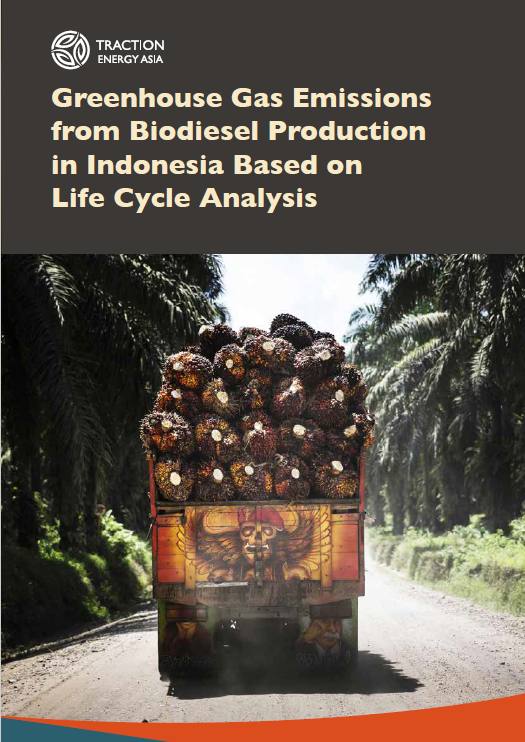
Greenhouse Gas Emissions from Biodiesel Production in Indonesia
Using Life Cycle Analysis (LCA) methodology, this report analyzes the GHG emissions of biodiesel from CPO. LCA was selected in order to analyze GHG emissions


